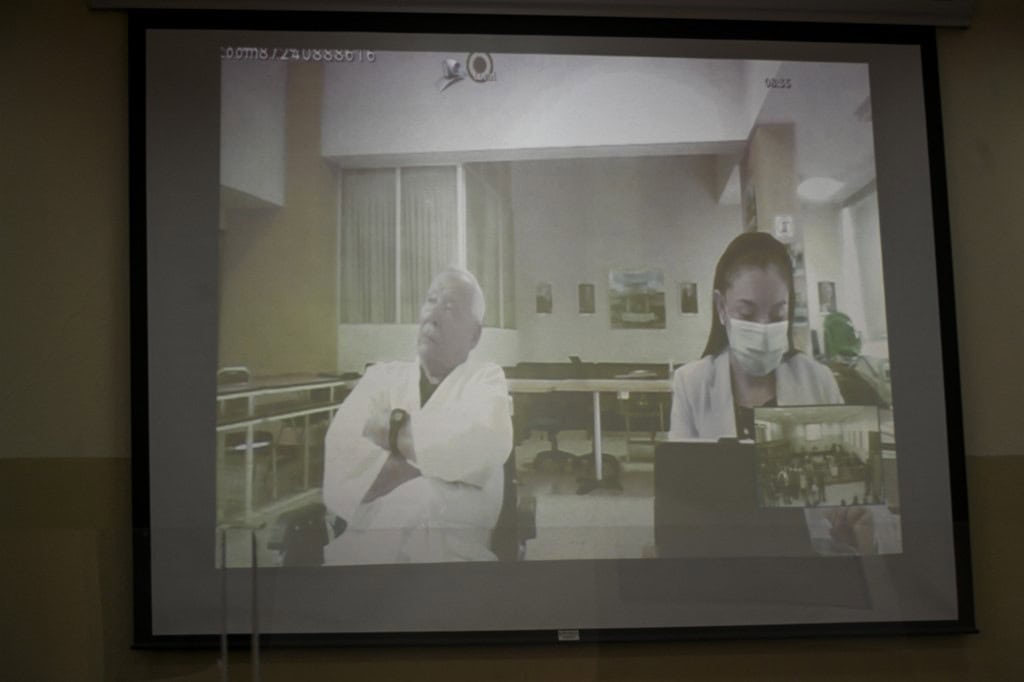A Guatemalan appeals court suspended on Thursday the trial of 92-year-old retired General Benedicto Lucas García for the extermination of indigenous people during the civil war (1960-1996), just as the verdict was about to be delivered. The appeals court unanimously accepted the defense’s request for “recusal” against the court handling the case for alleged bias.
The trial, which began on April 4 and according to this ruling must be transferred to another court, was in its concluding phase. The plaintiff Association for Justice and Reconciliation (AJR) plans to appeal this resolution and may seek action from the Constitutional Court (CC), the country’s highest judicial authority.
“The resolution is subject to appeals and we will undoubtedly analyze with the team the best way to challenge it,” said Jovita Tzul, one of the victims’ families’ lawyers. Another plaintiff, Francisco Vivar, said that “there are still appeals to file,” but if the resolution is upheld, the trial would have to start from scratch.
Impunity
Tzul, a Maya K’iche’ indigenous woman, stated that the court’s resolution creates “impunity” and expressed that “the search for justice for victims” will continue. “It’s regrettable that we’re again facing a climate of regression and impunity within Guatemala’s justice system,” she said.
“Victims, witnesses, and survivors who came here (to the hearings) and gave their testimonies” are being left “defenseless,” she added. The prosecution requested on November 8 a sentence of 2,860 years in prison for Lucas García for his role in the massacre of more than 1,200 indigenous people accused of supporting guerrillas between 1978 and 1982, during his brother President Romeo Lucas García’s government, who died in Venezuela in 2006.
During the seven-month trial, military documents, forensic reports, and survivor testimonies were presented among other evidence. General Lucas García followed the hearings via videoconference from a military hospital in the capital. He is currently serving a 58-year prison sentence there, imposed in 2018 for the forced disappearance of a young man and the rape and torture of his sister whose family was labeled as “subversive,” events that occurred in 1981.
On November 6, he and seven other military officers benefited from an appeals court decision that suspended the trial in another case involving the discovery of more than 500 skeletal remains. In a historic trial in 2013, a court sentenced former dictator Ríos Montt to 80 years in prison for the genocide of Ixil indigenous people during his de facto regime between 1982 and 1983.
However, the sentence against Montt, who died in 2018 at age 91, was annulled by the constitutional court. The civil war left about 200,000 dead and disappeared, according to a UN-sponsored commission, most at the hands of the military, who accused indigenous people of collaborating with guerrillas.






